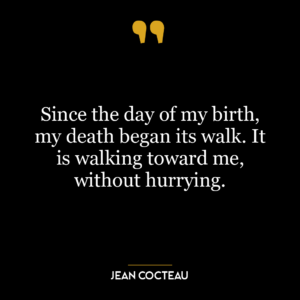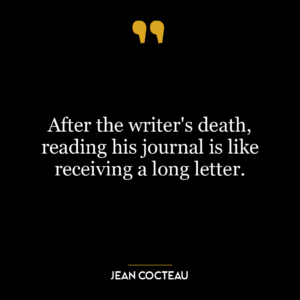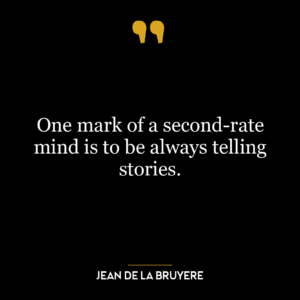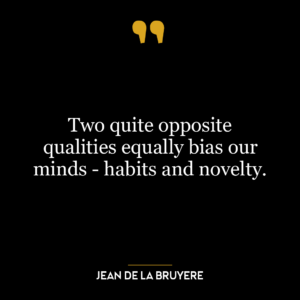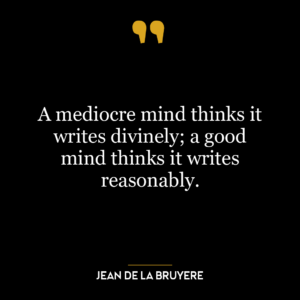This quote is a profound reflection on the human perspective of death. It suggests that the human mind struggles to comprehend death as a definitive termination of life. This may stem from our innate survival instinct, our emotional attachments, or our intellectual curiosity about the unknown.
The quote also hints at the concept of life beyond death, which is a common theme in many religious and spiritual beliefs. This could be interpreted as the existence of an afterlife, reincarnation, or simply the continuation of our legacy and influence after we pass away.
In the context of personal development, this quote encourages us to view death not as an end, but as a transition or transformation. This can help us to cope with the fear of death and to live our lives more fully, knowing that every moment is precious and potentially transformative.
In today’s world, this concept is particularly relevant as we grapple with global issues such as the COVID-19 pandemic, climate change, and social inequality. These challenges force us to confront our mortality and to question what kind of legacy we want to leave behind. By viewing death not as an end but as a part of our journey, we can find the courage to face these challenges and to strive for a better future.
Moreover, this idea can also be applied in the realm of technology and artificial intelligence. As we develop technologies that can mimic or even surpass human intelligence, we are forced to reconsider what it means to be alive and what it means to die. This quote invites us to explore these questions with an open mind and a sense of wonder, rather than fear or despair.



